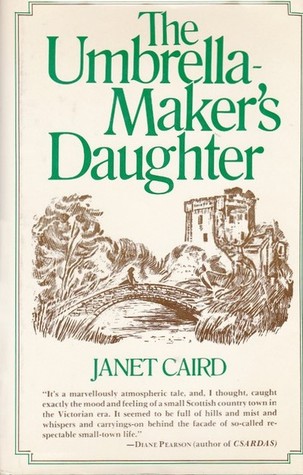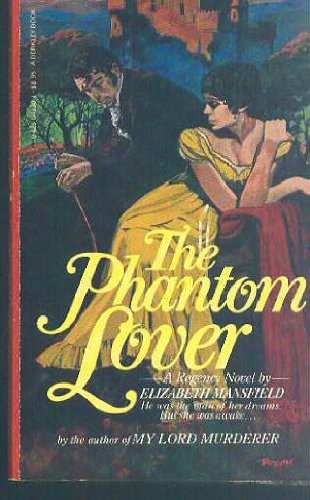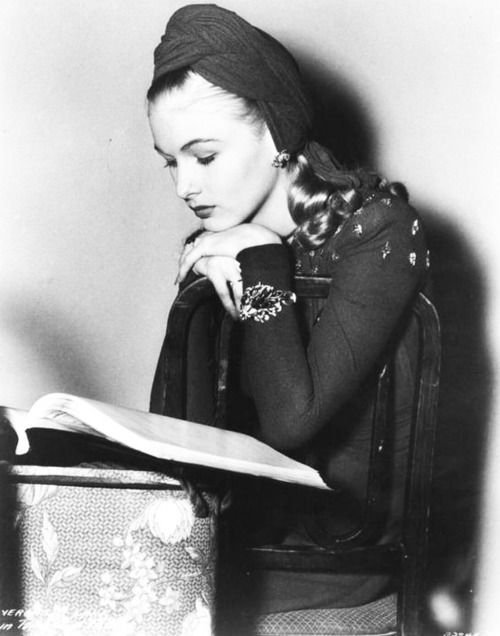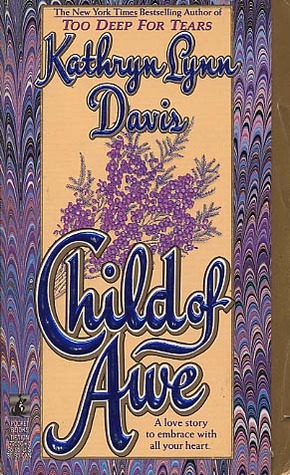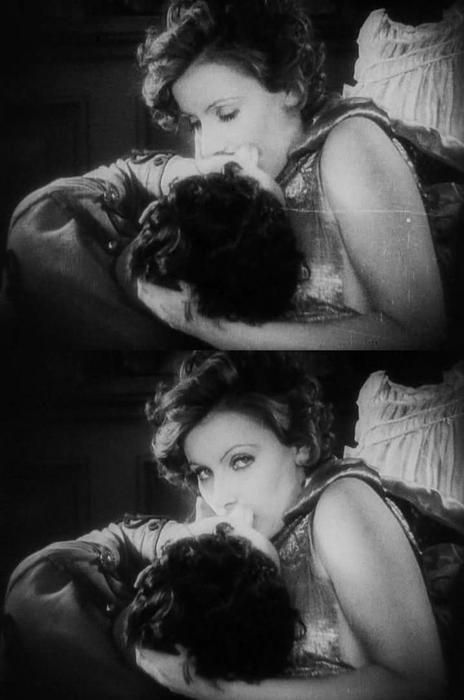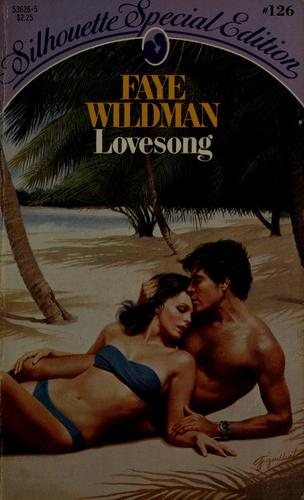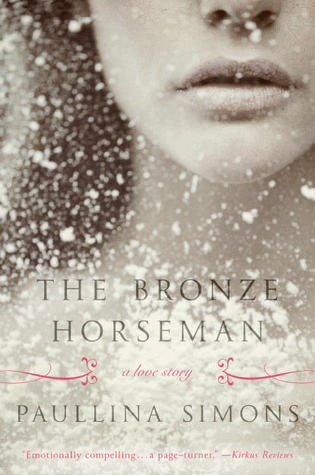
The golden skies, the translucent twilight, the white nights, all hold the promise of youth, of love, of eternal renewal. The war has not yet touched this city of fallen grandeur, or the lives of two sisters, Tatiana and Dasha Metanova, who share a single room in a cramped apartment with their brother and parents. Their world is turned upside down when Hitler’s armies attack Russia and begin their unstoppable blitz to Leningrad.
Yet there is light in the darkness. Tatiana meets Alexander, a brave young officer in the Red Army. Strong and self-confident, yet guarding a mysterious and troubled past, he is drawn to Tatiana—and she to him. Starvation, desperation, and fear soon grip their city during the terrible winter of the merciless German siege. Tatiana and Alexander’s impossible love threatens to tear the Metanova family apart and expose the dangerous secret Alexander so carefully protects—a secret as devastating as the war itself—as the lovers are swept up in the brutal tides that will change the world and their lives forever.
I’m always saying that if everyone else raves about a book, I’m sure to be disappointed, but I didn’t think The Bronze Horseman could go wrong.
It’s a DIK on All About Romance, and is a fan favorite on the site’s message boards. It’s got a 4.3 rating on Goodreads, not that that is high praise at this point, but I digress. Plus, it’s so rare to find a romance set in WWII Russia that I thought the setting would offset the eventual letdown.
Alas.
Darlings, I’m sure I’ve read worse books than The Bronze Horseman. I’m certain I have. But The Bronze Horseman demoralized me.
So that you know just how low I’ve been brought, I’ll write this review in the style of The Bronze Horseman.
POSSIBLE SPOILERS AHEAD
At first we meet Tatiana. Tatiana is small, blonde, fragile, selfless, innocent, frail, a lover of poetry, tiny, a complete innocent who doesn’t know what she does to men, delicate. She often finds herself unable to stand up around Alexander because she has feelings, but she is resourceful enough to predict the Siege of Leningrad well ahead of time to buy extra bread and make croutons to sustain her family.
Tiny, small, fragile Tatiana! Those brutal tides just sweep and sweep her! During the course of the book she survives the following:
- a train station suddenly bombed during which she buries herself under dead bodies;
- the Siege of Leningrad, in which she nearly starves but for croutons and Alexander;
- a terrifying evacuation to the country, during which she has to cross a frozen river at night with people dying all around her;
- more starvation;
- being stalked by a man with a “Russian face: broad, slightly washed out features, as if the colors had all run dry. His nose was wide and turned up, his lips extremely thin;”*
- standing up for three days;
- more walking in snow;
- pneumonia;
- TB. Yes. Tatiana had a slight case of tuberculosis.
Thank God there’s Alexander. Alexander of the ice cream and/or molasses eyes. He has all the medals for valor, and Tatiana wants him to rest, because he is so overworked. When he’s not bravely and single-handedly turning the Germans out of Russia, he’s also traveling great distances so that he can be on hand to save Tatiana from whatever late calamity has befallen her, be it a bombed train station or her abusive family.
But consummate lover that he is, Alexander pauses in his brave deeds long enough to take Tatiana’s virginity in a scene that includes such deathless dialogue as:
“Tania (Tatiana), you are too much for me. I can’t take you, not in small doses, not in large doses, not here, not on the street. Nowhere….”
“Shura (Alexander) I’m going to die.”
“No, Tatia (Tatiana).”
“Breathe on me…”
He breathed on her.
He’s a lover of such skill and passion that he brings Tatiana, who didn’t even know what intercourse was, really, to an earthshattering orgasm, possibly by caressing her nipples in circles. Her screams of joy are such that a nurse comes running to her aid. Because Alexander took her viriginity in the hospital bed where Tatiana’s laid up with broken ribs and a broken leg.
Sometimes Tatiana resists Alexander’s herculean efforts to protect her from her own goodness and innocence, at which point he curses mildly, shouts loudly, punches a wall inches from her face, or screams things like “don’t make me more crazy!” before entreating her with sweet phrases like “this frantic wretch begs you, please leave!”
Like the war, The Bronze Horseman seems never-ending. Like the Energizer Bunny of awful books, it keeps going and going and going…
I didn’t think it was possible to write a boring book about the Siege of Leningrad and the Russian front, but I was wrong. I’ve ever read anything as mind-numbingly, soul-crushingly boring. Dramatic scenes — many very true to history — are buried in melodrama. Then additional melodrama is piled onto history and/or melodrama. Unnecessary scenes last past any reasonable point. Pointless, often repetitive dialogue, dripping with so many adjectives and adverbs, fills page after page after page.
The Bronze Horseman gets zero croutons. Tatiana gets zero ice creams. Alexander gets zero stars for valor.
*One of the most puzzling aspects of The Bronze Horseman is the depiction of Russians in general. Russian men are almost always drunken, abusive thugs. Russian women — aside from Tatiana — are almost always sluttish or stupid. Characters are described using “Soviet” the way you’d use a racial slur. The quality of the book makes it difficult for me to tell whether is intentional or just lazy characterization, so I’ll not pass judgment.

